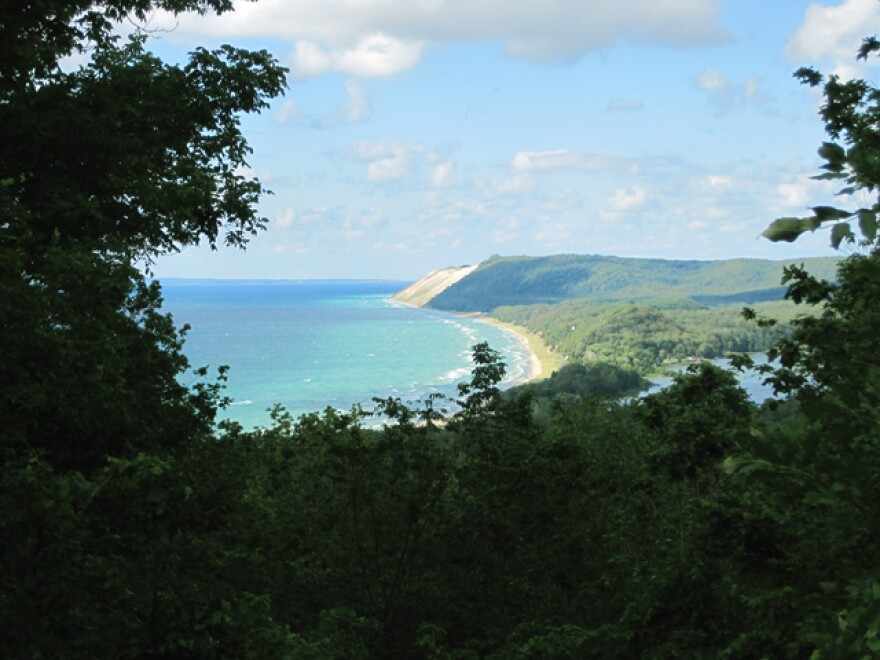The U.S. and Canada have added polybrominated diphenyl ethers to their list of "Chemicals of Mutual Concern."
PBDEs are a class of flame retardants in furniture, electronics, car seats and the padding under our carpets. But the toxic chemicals don’t stay put. They leach out and build up in people and in wildlife.
Dave Dempsey is a policy advisor with the International Joint Commission. The IJC advises both countries on Great Lakes issues.
“There have been test results suggesting these chemicals have effects on human beings, especially children and their development," he says.
He says PBDEs have been found in each of the Great Lakes.
The IJC’s water quality board wants Canada and the U.S. to do more to cut down on the PBDEs in the lakes. That includes tougher controls on landfills and requiring companies to get approval for new chemicals that replace PBDEs.
“Because the concern is: there’s been sort of an endless cycle of chemicals found to be of concern and then being replaced by other chemicals that are later found to be of concern,” he says.
Here's the full list of things the water quality advisory board recommends both countries do:
- Implement restrictions on the manufacture, use and sale of PBDEs and products containing them.
- Eliminate potential releases of PBDEs during product recycling and disposal.
- Provide guidance to industry, municipalities and the public on the recycling and disposal of products containing PBDEs.
- Implement Extended Producer Responsibility programs requiring industry to be responsible to ensure proper recycling and disposal of products containing PBDEs.
- Require industry to obtain prior government approval for PBDE substitutions.
- Establish a registry identifying products containing PBDEs.
- Ensure ongoing research and monitoring of PBDEs in the environment.
The group is accepting comment on the proposal until August 5.







